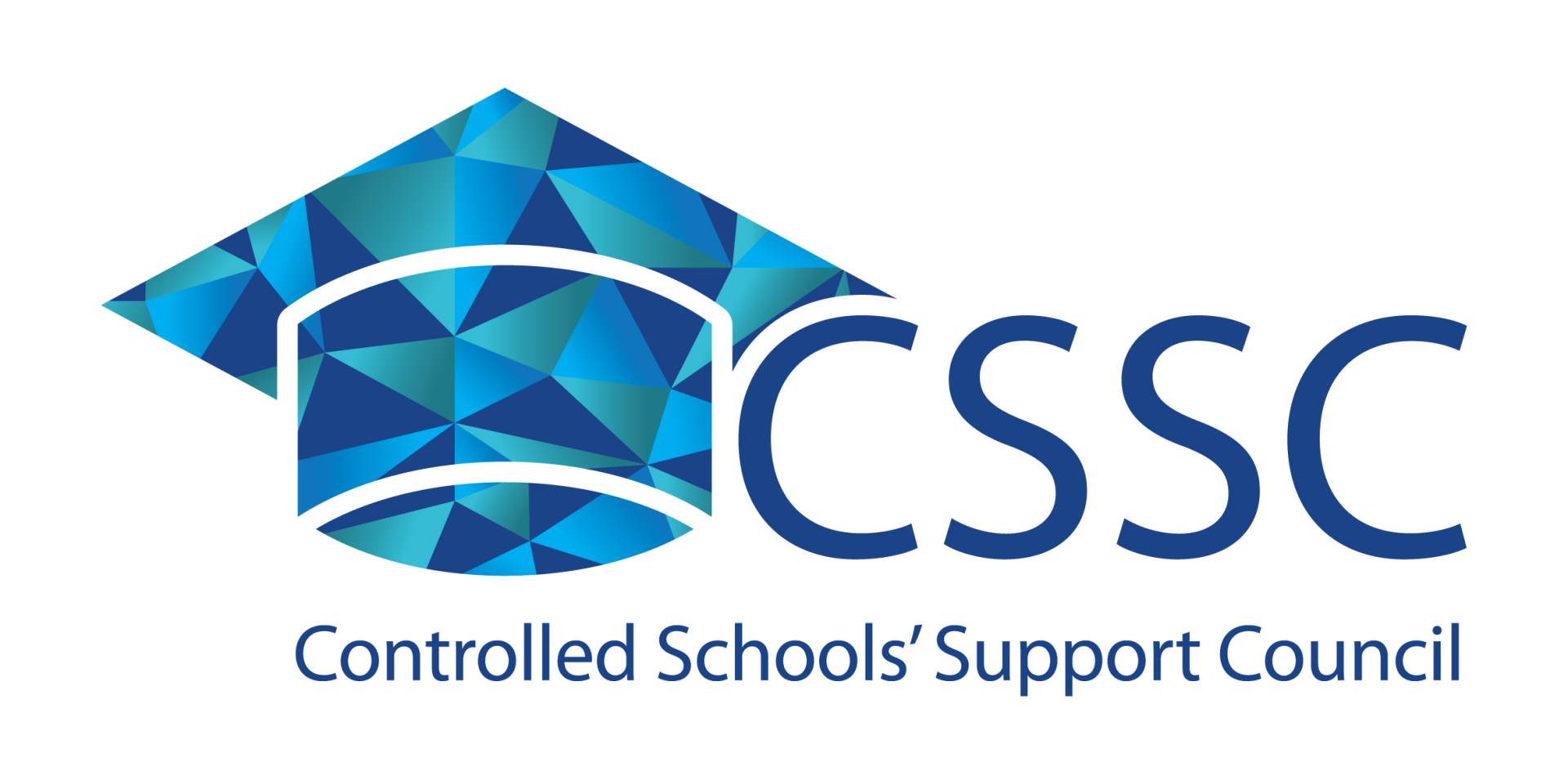Admission Year 13
CRITERIA FOR ADMISSION AFTER GCSE (16+)
Admission will be based on:
- Evidence of educational attainment based on externally validated examinations. A minimum of 3 Grade B and 5 Grade C GCSE passes (or 11 points – A* = 4 points; A = 3 points; B = 2 points; C* = 1.5 points; C = 1 point) are required. English Board 9-1 equivalences will be accepted. It is preferable to have GCSE grades A*, A or B (or English Board equivalences) in those subjects to be taken at Advanced Level;
- The availability of places in chosen subjects or courses;
- The availability of places in Year 13;
- The overall enrolment number of the College.
In the event of there being more applicants than places, applicants will be ranked according to their total points score in GCSE, worked out on the basis of A* = 4 points; A = 3 points; B = 2 points; C* = 1.5 points; C= 1 point. Short Course GCSE grades will be awarded half the above points. Places will be offered in descending order subject to the above criteria.
All pupils resident in Northern Ireland at the time of their proposed admission to the school will be selected for admission before any child not so resident.
Criteria for allocating the final place where point scores are tied are as follows:
1. Child of the family** already enrolled at the School OR eldest child of the family eligible to apply for admission to the School;
** The School considers that ‘child of the family’ covers:
- A child born to a married couple or to a couple in a civil partnership;
- A child born to a co-habiting couple;
- A child born to a single parent;
- A child of either/any of those people by a previous marriage, civil partnership or relationship;
- A child living with a couple who has been treated as a ‘child of the family’ whether there is a marriage or a civil partnership or not;
- A child living with an individual who has been treated as a ‘child of the family’;
- An adopted or fostered child;
- A situation where, for example, an orphaned cousin is being brought up with a family or individual.
2. Initial letter of surname (as entered on birth certificate) in the order set out below:
J W V L Mac F M D U I S A T E Mc N Z Y H R B P K O C G X Q;
3. In the event of surnames beginning with the same initial letter, the subsequent letters of the surname will be used in alphabetical order. In the event of two identical surnames, the alphabetical order of the letters of the forenames (as entered on birth certificate) will be used;
4. If applicants are still tied, then priority will be determined amongst them by a method of computerised random selection leaving a clear audit trail.
All applications for places must include full details of results obtained at GCSE and be received by the school office staff by 1.00 pm on Thursday 21 August 2025.
The Department of Education may, on request, increase the number of pupils that the school can admit to its Year 13. Places that become available in this way shall be allocated only to pupils who meet the basic eligibility criteria for sixth form study and shall be allocated in the order determined by the criteria to be applied in the order set down below:
1. Pupils who have most recently completed Year 12 in Lurgan College;
2. Pupils from other schools where admission to an extra place at Lurgan College has been agreed by the Department of Education*.
*Parents should note how the Department of Education will, in response to a school's request, increase the school's enrolment number in order to allow an extra post -16 pupil to enrol. DE will first check whether there is another school or schools of a type suitable for that pupil within an hour’s journey of where the pupil lives. If there is, DE will then check whether this other school or schools may provide all of the post-16 courses that the pupil wishes to pursue. If these checks find that no other suitable school may provide all of the post-16 courses that the pupil wishes to pursue - then DE will agree to a school's request for an extra place.
What is a school of a type that is suitable for a pupil? To determine this, DE first considers all schools to be one of 4 types: (i) denominational (ii) non-denominational (iii) Integrated and (iv) Irish-Medium. A school requesting an extra place for a post-16 pupil will belong to one of these 4 types and DE will consider any other school from this same type as suitable for the pupil. DE will also consider as suitable for the pupil any school of the same type as that attended by the child in Year 12.



Close
Social Media